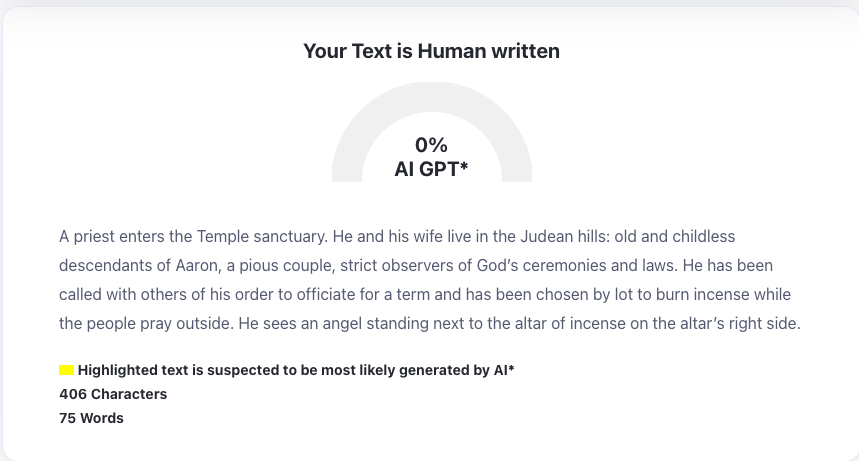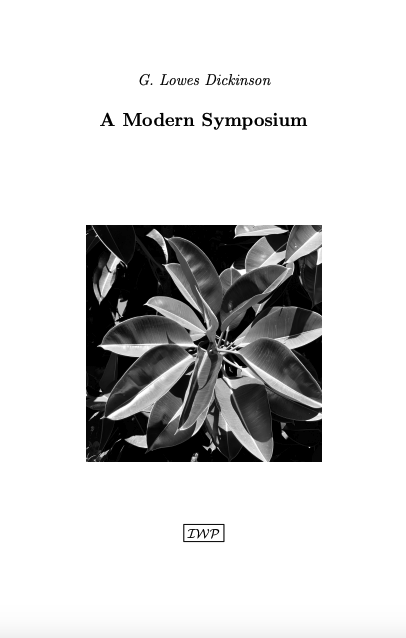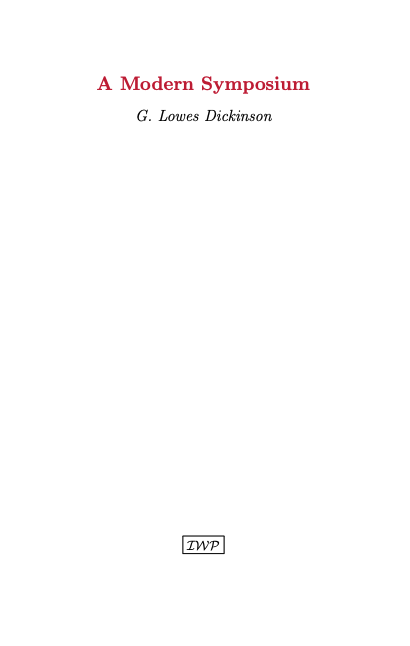Micro.blog may stop cross-posting to Twitter tomorrow. If that happens, you see links instead of tweets from me.
Bastille Day
It is not when, but what. leowong.micro.blog/2023/07/1…
All ages are equidistant from eternity, and just as immediately accessible to God’s presence. —Leopold von Rance
Do you know people who often say “I wonder why,” but never do anything to try to find out?
Views from the New York State Library


Before the NO Mass, people went to Mass in their parish. Now they shop.
The Stuarts, as was said of the later Bourbons, learned nothing and forgot nothing. —Charles Downer Hazen, Modern Europe, 1920, p. 6
St. Agnes Roman Catholic Church, Afton, NY
In his beloved Afton it took the form of going out of his way at a town gathering to sit next to a neighbor with a drinking problem. It also meant dedicating himself to making St. Agnes Roman Catholic Church in Afton one of the most unpretentiously beautiful little chapels in New York State and perhaps his crowning achievement as a lay Catholic. —Arthur Hughes, “Carlton J. H. Hayes: A Christian Historian Confronts Nationalism”
St. Agnes Roman Catholic Church
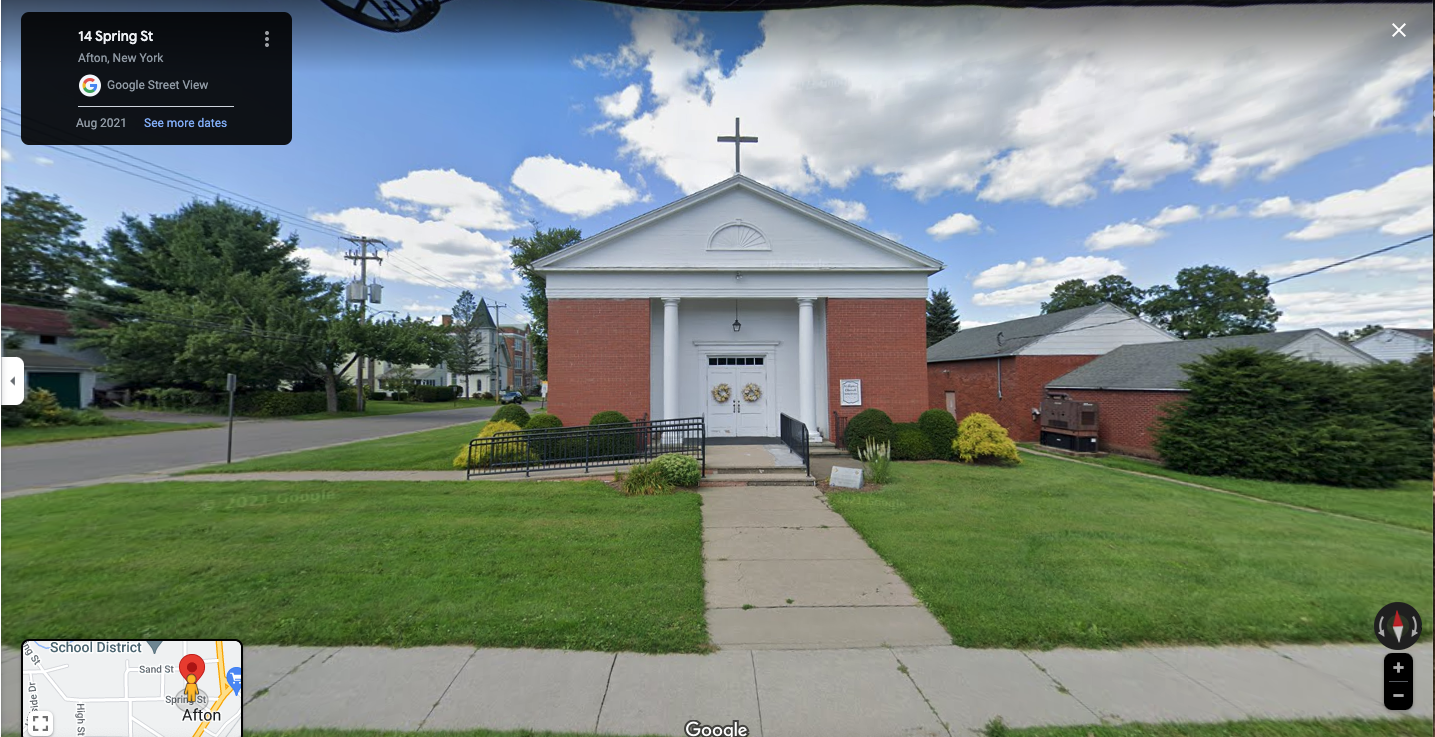
Carlton Joseph Huntley Hayes (16 May 1882 – 3 Sep 1964)
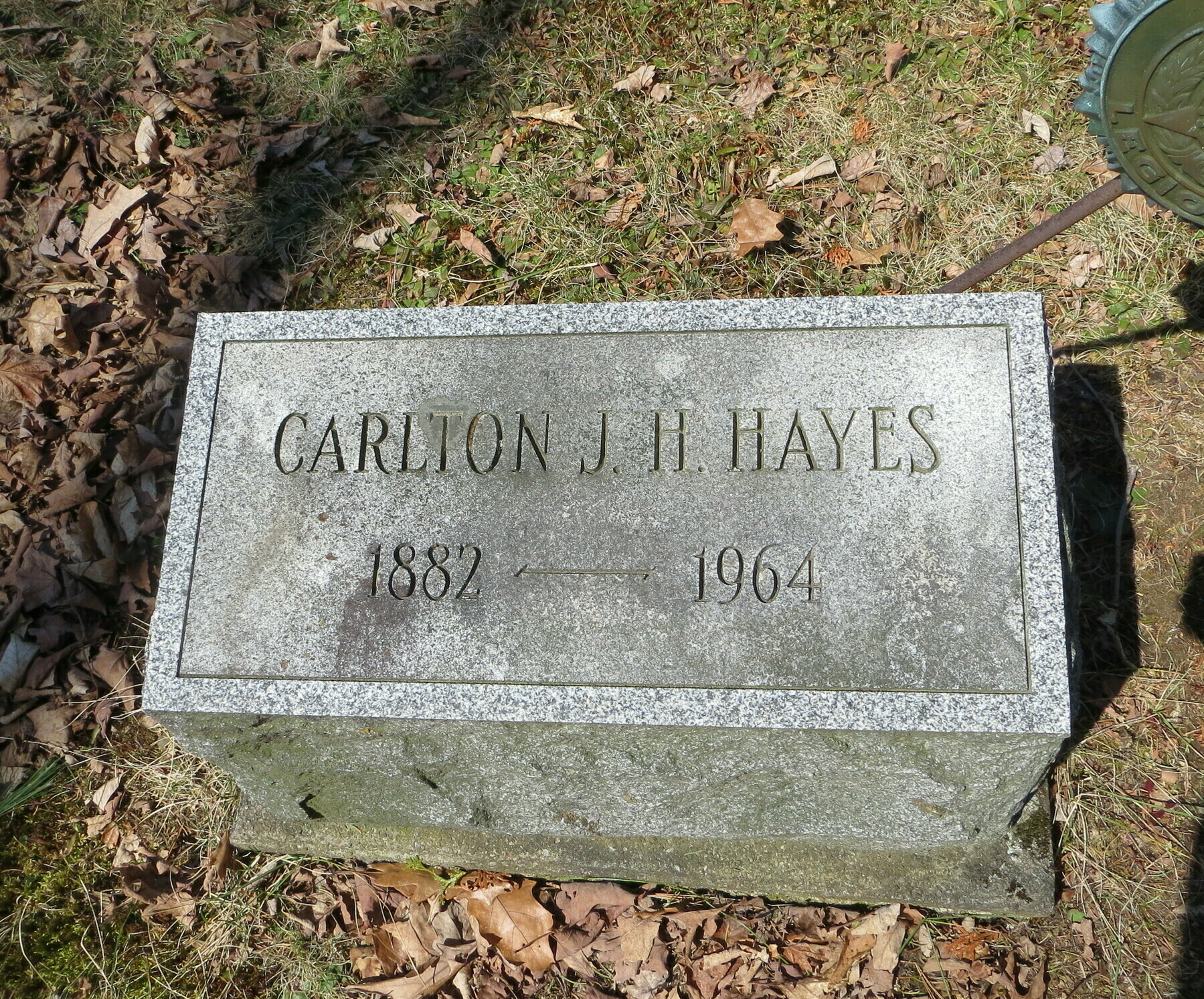
Totalitarianism is a revolt against all of Western Civilization
[Totalitarianism] is a revolt against the moderation and proportion of classical Greece, against the righteousness and justice of the Jewish prophets, against the charity and mercy and peace of Christ, against the whole vast cultural heritage of the Christian church in the Middle Ages and modern times, against the Enlightenment, the reason and the humanitarianism of the eighteenth century and against the Liberal Democracy of the nineteenth…. In Russia Christians and in Germany Jews are first gotten rid of. Presently it will be the turn of Christians in Germany and Jews in Russia for if you are to erase the most constant memory in the Western mind you have to destroy Judaeo-Christianity both in its roots and in its flowers. —Carlton J. H. Hayes (1939), quoted in Patrick Allitt, “Carlton Hayes and His Critics”
Laws they are not which Public approbation hath not made so. —Richard Hooker, Treatise on Ecclesiastical Polity, quoted Gaillard Hunt, “The Virginia Declaration of Rights and Cardinal Bellarmine”
We hold these truths to be self-evident ...
Gaillard Hunt (1862-1924) traced some of Thomas Jefferson’s ideas on liberty to Catholic scholars like Cardinal Robert Bellarmine and argued that the Constitution belonged to the Catholic tradition of natural law and limited government. —Allitt, “Carlton Hayes and His Critics”
Hunt, “The Virginia Declaration of Rights and Cardinal Bellarmine”
Conceived, Born, and Cradled Catholic
“Marriage to a born Catholic,” says his biographer, Arthur Hughes, “seems to have intensified his interest in his adopted religion and it certainly stepped up his public avowal of his faith” —Patrick Allitt, “Carlton Hayes and His Critics”
Most people today seem to say “cradle Catholic” rather than “born Catholic”, but I may like “conceived Catholic” best of all.
John Clare, “The Stranger”
A couple desiring a child love something that does not and may not ever exist. This is good and natural.
To evangelize is good, to proselytize is bad.
Most people are obviously far more anxious to express their approval and disapproval of things than to describe them. Hence the tendency of words to become less descriptive and more evaluative; then to become evaluative, while still retaining some hint of the sort of goodness or badness implied; and then to end up by being purely evaluative – useless synonyms for good or bad. —C. S. Lewis, Studies in Words
